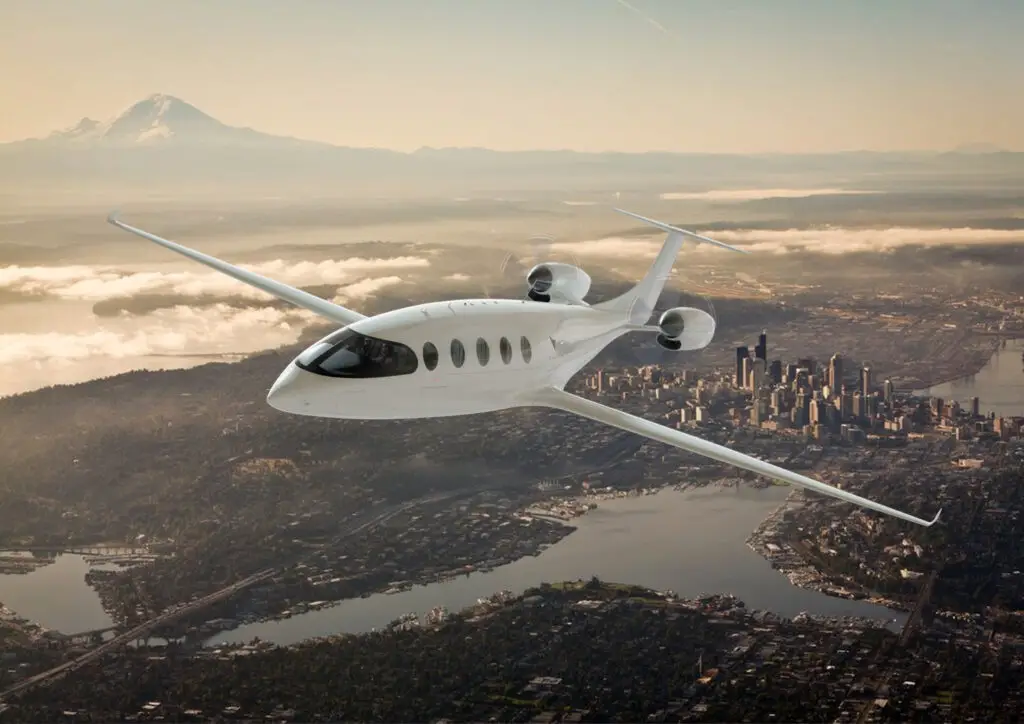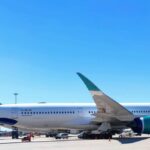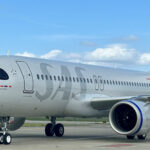The Dutch government published the Masterplan Electric flight in the Kingdom of the Netherlands on the introduction of electric flights for the transition to a sustainable industry. According to estimates, the first such aircraft would enter service in 2026.
The study also shows that aviation is currently responsible for around 2% of global emissions. It is also estimated that, if no strategy to mitigate the environmental impact is implemented, emissions would increase by 20% by 2050.
With regard to the Netherlands’ targets, three main instances stand out for the short, medium, and long term:
- By 2030, it is expected that ground operations will be net-zero emissions, a 15% reduction in emissions from domestic flights, and the start of operations of hybrid-electric aircraft with up to 50 passengers, among others.
- By 2050, plans call for domestic flights to be operated with a 50% reduction in greenhouse gas emissions into the environment, in line with ICAO targets. Also, all flights up to 500 km departing from the Netherlands are expected to be all-electric.
- Zero-emission aviation by 2070.
Using the connections between the Dutch islands in the Caribbean, Aruba, Bonaire and Curaçao (ABC) as an example, the study commissioned by the Dutch Ministry of Infrastructure and Water Management yielded very relevant information to assess market behavior and what the projections could be in terms of emission reductions.
“The majority of air travel is done in aircraft with between 9 and 19 seats. The point-to-point nature of the connectivity and, at the same time, the short distances make it very suitable for the introduction of electric aircraft (…) Inter-island connections have a great potential to be served with electric aircraft of between 9 and 19 seats, once the necessary infrastructure is in place,” the report assures.
Phases projected in the study for electric flights on the islands ABC
According to the study, the transition will begin in 2026 and extend to 2035. For each phase, the necessary infrastructure, energy, and costs are calculated.
Phase 1 – Start of electric flight. The first commercial electric aircraft is expected to enter service in 2026. Three 9-passenger electric aircraft will fly on ABC routes.
Phase 2 – 50% electric flights. The ambition of the Dutch state is for 50% of flights to be operated by electric aircraft by 2030, compared to 2019 traffic. To this end, three 19-seater aircraft will be added.
Phase 3 – 100% electric flights. By 2035, all inter-island air movements would be electric, with the addition of three 19-seater aircraft to the service.
All information related to the study conducted by the Netherlands is available on the official government website. It can be consulted here.
See also: DESAER and magniX partner to create the ATL-100H, a hybrid-electric regional courier








